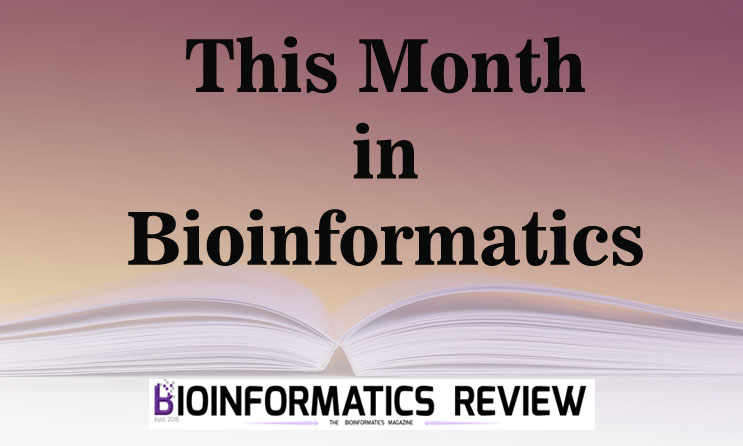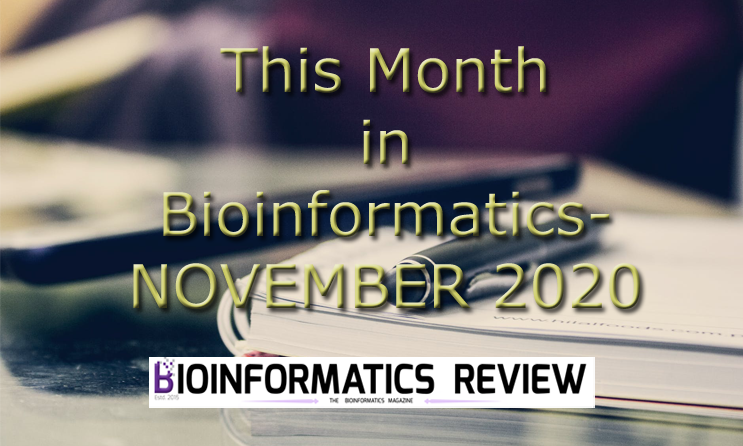Some of the important findings made this month in bioinformatics are mentioned in this article.
1. Measure antigenicity of antigens using a benchmark dataset
A new benchmark dataset of protein antigens has been developed to ease the task of antigen selection that plays an important role in vaccine design. This dataset consists of antibody assaying tests such as haemagglutination-inhibition (HI) tests for influenza A/H3N2 strain pairs, influenza virus B strain pairs, and Dengue virus strain pairs [1]. Now the antigens for these viruses can be easily identified based on experimental data for designing a particular vaccine. For more information, read here.
2. Prediction of antimicrobial resistance in bacteria
Antimicrobial resistance develops when antimicrobial drugs such as antibiotics, antifungals, etc., are no longer effective in treating microorganisms such as bacteria, viruses, fungi, and parasites. The new software has been developed called PARGT to predict antimicrobial resistance in bacteria [2]. This software is based on protein characteristics identified by game theory and machine learning. The authors have shown 87 – 90% accuracy in prediction results. For more information, read here.
3. A new algorithm for easy docking of metalloproteins consisting of Zinc with ligands
A geometry-matching based algorithm has been introduced for docking of zinc proteins with ligands known as GM-DOCKZn [3]. Besides zinc proteins, it also provides accurate results for apo-structures and different ligand complex structures of the same proteins. According to the authors, this algorithm can be useful for ligand docking with other metalloproteins. For more information, read here.
4. A new tool for fast and efficient compression of VCF files
A new bioinformatics tool called genozip has been developed for fast compression of Variant Call Format (VCF) files [4]. VCF files consist of thousands of genomic datasets that generally make their compression slow and less accurate. genozip provides lossless compression and is capable of managing different types of datasets such as any phasing structure, ploidy data, variant type, and so on. For more information, read here.
5. A new model for prediction of DNA binding protein-drug interactions
A new model has been proposed to predict DNA binding protein-drug interaction based on network similarity named drug-cluster association (DCA) [5]. It shows that drugs are more likely to bind positively charged sites in DNA binding proteins. It implements a common neighbor method to predict drug associations in the identified network model that provides better results and efficient performance than the other existing methods. For more information, read here.
That is all for the latest research done in bioinformatics this month.
References
- Qiu, T., Qiu, J., Yang, Y., Zhang, L., Mao, T., Zhang, X., … & Cao, Z. (2020). A benchmark dataset of protein antigens for antigenicity measurement. Scientific Data, 7(1), 1-8.
- Sayed, C. A., Call, D. R., & Broschat, S. L. (2020). PARGT: a software tool for predicting antimicrobial resistance in bacteria. Scientific Reports (Nature Publisher Group), 10(1).
- Wang, K., Lyu, N., Diao, H., Jin, S., Zeng, T., Zhou, Y., & Wu, R. (2020). GM-DockZn: A Geometry Matching based Docking Algorithm for Zinc Proteins. Bioinformatics.
- Lan, D., Tobler, R., Souilmi, Y., & Llamas, B. (2020). genozip: a fast and efficient compression tool for VCF files. Bioinformatics, 36(13), 4091.
- Wang, W., Lv, H., & Zhao, Y. (2020). Predicting DNA binding protein-drug interactions based on network similarity. BMC bioinformatics, 21(1), 1-13.









